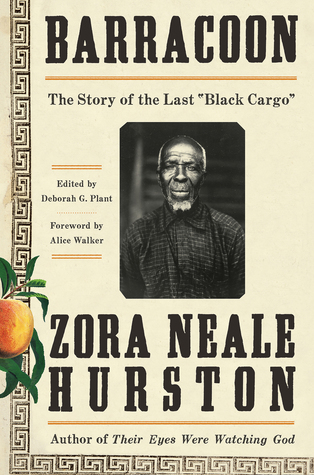TRANS-ATLANTIC TRAFFICKING By the mid-nineteenth century, the Atlantic world had already penetrated the African hinterland. And although Britain had abolished the international trafficking of African peoples, or what is typically referred to as “the trans-Atlantic slave trade,” in 1807, and although the United States had followed suit in 1808, European and American ships were still finding their way to ports along the West African coast to conduct what was now deemed “illegitimate trade.” Laws had been passed and treaties had been signed, but half a century later, the deportation of Africans
TRANS-ATLANTIC TRAFFICKING By the mid-nineteenth century, the Atlantic world had already penetrated the African hinterland. And although Britain had abolished the international trafficking of African peoples, or what is typically referred to as “the trans-Atlantic slave trade,” in 1807, and although the United States had followed suit in 1808, European and American ships were still finding their way to ports along the West African coast to conduct what was now deemed “illegitimate trade.” Laws had been passed and treaties had been signed, but half a century later, the deportation of Africans out of Africa and into the Americas continued. France and the United States had joined forces with British efforts to suppress the traffic. However, it was a largely British-led effort, and the US patrols proved to be ambivalent and not infrequently at cross-purposes with the abolitionist agenda.6 Habituated to the lucrative enterprise of trafficking, and encouraged by the relative ease with which they could find buyers for their captives, Africans opposed to ending the traffic persisted in the enterprise. The Fon of Dahomey was foremost among those African peoples who resisted the suppression. Not only was the internal enslavement of their prisoners perceived as essential to their traditions and customs, the external sell of their prisoners afforded their kingdom wealth and political dominance. To maintain a sufficient “slave supply,” the king of Dahomey instigated wars and led raids ...
...more
This highlight has been truncated due to consecutive passage length restrictions.


